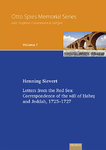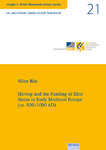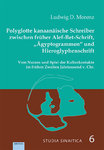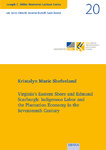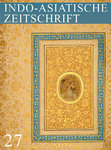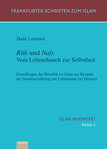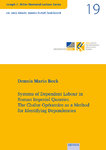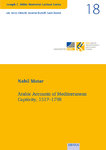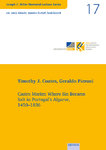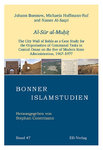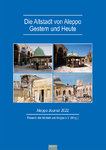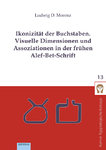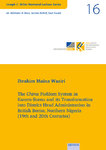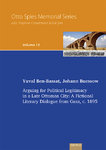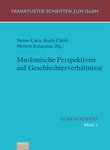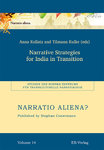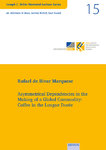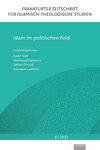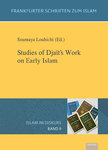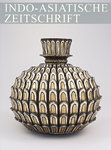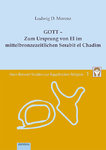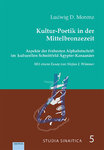- ISLAMWISSENSCHAFT
- ISLAMISCHE_STUDIEN
- JOSEPH C. MILLER MEMORIAL LECTURES SERIES
- ASIENWISSENSCHAFT
- ARCHÄOLOGIE ALS KULTURWISSENSCHAFT
- RELIGIONSWISSENSCHAFT
- RELIGIONSPÄDAGOGIK
- GESELLSCHAFT UND KIRCHE
- KIRCHE UND GEMEINDE
- GESUNDHEIT UND KRANKHEIT
- KINDERGARTENPÄDAGOGIK
- OPEN_ACCESS
- Neuerscheinungen
- In Vorbereitung
- News
- EBook
- Einzelkataloge
Categories OPEN_ACCESS Reihe_Joseph_C_Miller_Memorial_Lecture_Series Vol. 16: The Chima Fiefdom System in Kanem-Bornu...
42 pages
14,8 x 21,0, 2023
Hier können Sie die Publikation als
CC BY-NC-ND 4.0-Lizenz herunterladen:
DOI: https://doi.org/10.53179/9783868934465
The Chima system under the Mai – ruler of Kanem-Borno (the longest-lasting pre-colonial African state) – is a fiefdom based on control of human and material resources. This form of the state governance had the Chima Kura or lords (senior Chima) and their subordinates or Chima Gana (junior local representatives) administering the state under the Mai. The study of how the Chima system was transformed under British colonial administration – the “indirect rule” or the Ajiya or district head system – in Borno Province shows its incorporation as Native Authority, a unique form of indirect rule. It evolved as the local government administration in Borno and Nigeria after 1960, thereby adapting the pre-colonial Chima system into a colonial and post-colonial administrative system in Borno, Nigeria.
The Author:
Professor Ibrahim Maina Waziri has been Professor in the Department of History at the University of Maiduguri since October 2007. He was an Alexander von Humboldt/George Forster Fellow at the University of Bayreuth from July 2004 to December 2005. Professor Maina Waziri was head of the History Department, University of Maiduguri (2000 to 2014), Coordinator of the History Department at Federal University Gashua, Yobe State (2015), Pioneer Dean of the Faculty of Arts, Management and Social Sciences at Federal University Gashua (March to November 2015, on Sabbatical), and Director of the Centre for Trans-Saharan Studies (April 2018 to February 2022). Currently Waziri is a professor of social and economic history at University of Maiduguri. He attended over forty conferences at national and international fora, and currently has over thirty publications in books, journals, and proceedings.



